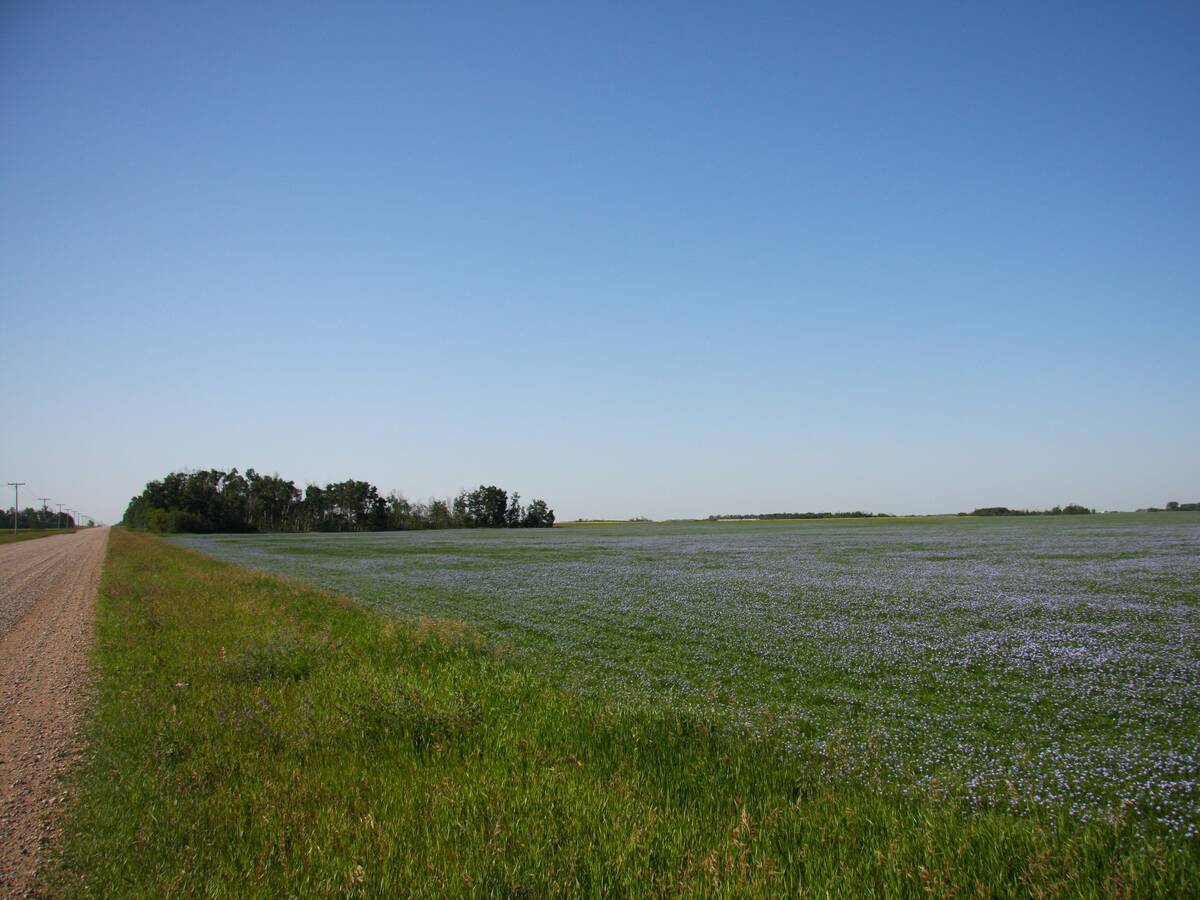Heading into the last week of the federal election campaign, farm leaders and prairie analysts had a common question: in the midst of a $6 billion BSE crisis and the lowest farm income numbers in Canadian history, why hasn’t agriculture been a bigger issue?
“I don’t think agri-culture has been raised to nearly the priority it should be,” Dresden, Ont., farmer and Grain Growers of Canada president Ken Bee said June 21.
Canadian Federation of Agriculture president Bob Friesen, a Wawanesa, Man., hog and turkey producer, said it was glaring at the leadership level. The CFA organized a national agricultural issues debate among party critics and there has been some debate at local levels.
Read Also

Farmland advisory committee created in Saskatchewan
The Saskatchewan government has created the Farm Land Ownership Advisory Committee to address farmer concerns and gain feedback about the issues.
“Surely the leaders could show they have some understanding of the importance of the sector,” he said.
Stan Eby, president of the Canadian Cattlemen’s Association, said it is disappointing that politicians have not offered prescriptions and hope to an industry being battered by BSE fallout.
“There has been little recognition that we are in a crisis and it is deepening,” he said June 21. “I would have hoped an election in the midst of this would have been a perfect time to give us some political vision.”
(Continued on page two)
Two incidents illustrate what farm lobby groups say is political neglect of agricultural issues.
On June 11, the CCA asked major parties their positions on issues ranging from supplemental beef imports and the implications of the Canadian Agricultural Income Stabilization program for cattle producers to a call for creation of a trade promotion arm within Agriculture Canada.
By June 21, not one of the parties had responded. “So far, they have ignored it,” said Eby.
Meanwhile, the CFA sent postcards to 999 candidates from the Liberal, Conservative, New Democrat and Bloc Québecois parties asking if they supported the policy proposals developed by the country’s largest farm lobby.
By June 21, just 29 had returned the postcards including 11 New Democrats, 11 Liberals, six Conservatives and one BQ.
“I point out that neither the minister nor the critics have responded,” said Kieran Green of the CFA.
Howard Leeson, chair of the University of Regina political science department, said the lack of attention to agricultural issues, particularly in the West, is a matter of political calculation.
“The Conservatives don’t feel they need to do anything to hold their seats and the Liberals, now that the chance for a western breakthrough has evaporated, see nothing to gain,” he said June 21.
“It is surprising the Conservatives haven’t felt the need to reinforce their western base.”
He said the NDP, with several rural seats at stake, have had a higher agricultural profile.
Roger Epp, acting academic dean at Augustana University College in Camrose, Alta., said this election campaign became a series of “rehearsed positions” once it became clear a Liberal rejuvenation in the West was not in the works.
“I think it is a missed opportunity to have a discussion about a national food policy,” he said.














